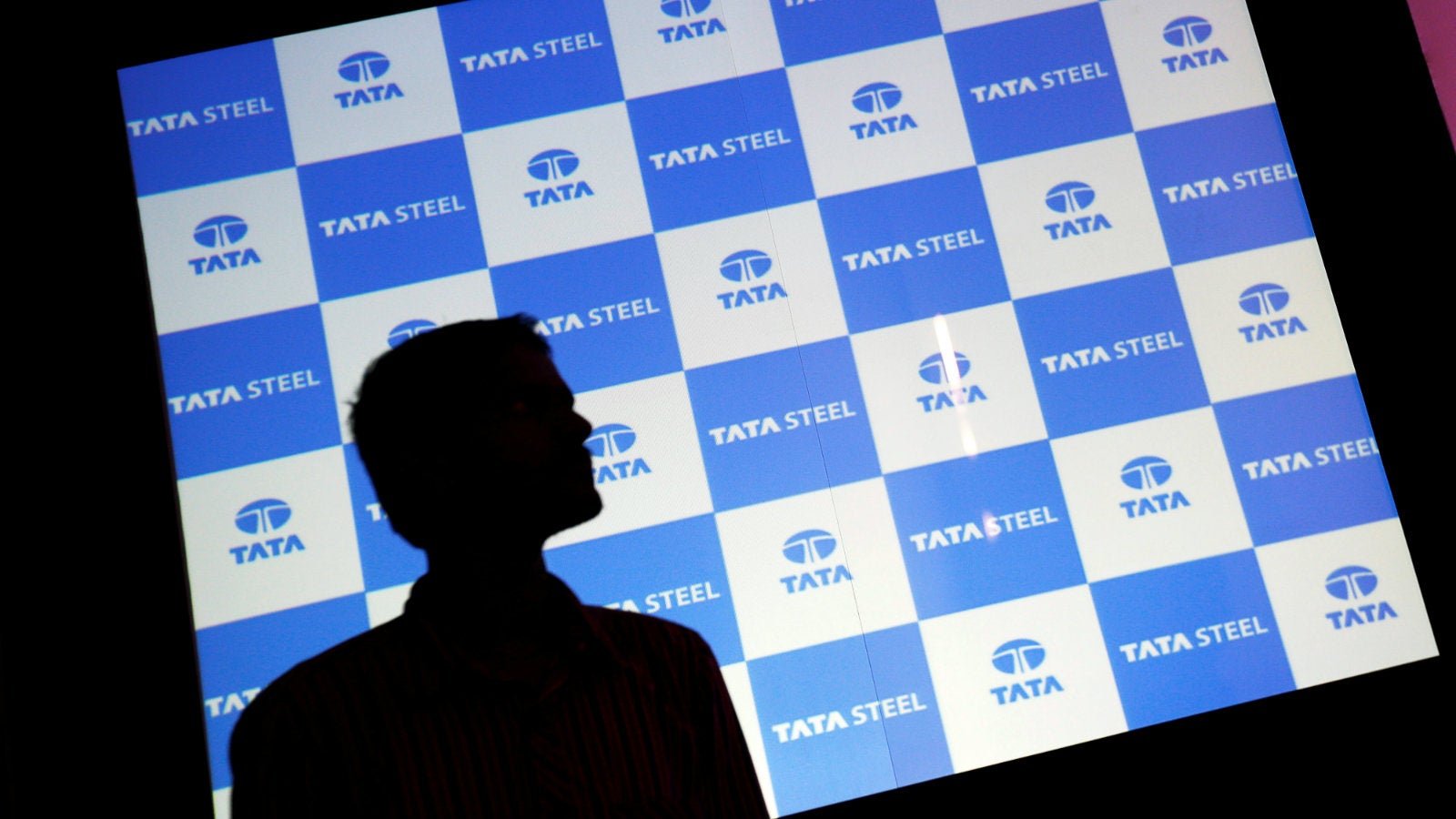Despite its mess in the UK, Tata Steel finally made some money last quarter
Tata Steel has reported a profit for the first time in five quarters.


Tata Steel has reported a profit for the first time in five quarters.
A recovery in steel prices and increased production at domestic plants helped the company make Rs230 crore in profits for the three months ending Dec. 31, 2016, the Indian steelmaker said on Feb. 07 (pdf). In the same quarter, last year, Tata Steel had reported a loss of Rs2,750 crore.
These numbers come at a time when the steelmaker’s units in UK face an uncertain future and the $103-billion Tata Group itself is going through a messy leadership change. The annual earnings reports, though, would still see a loss this financial year, according to estimates (paywall).
“The financial performance reflects strong underlying operating performance across the group in spite of a seasonally slow quarter in Europe,” Koushik Chatterjee, group executive officer, said in a press release. “While there were challenges at the working capital level due to increased prices of both raw materials and finished goods, especially in Europe, the company has been able to maintain its overall debt level at the end of the quarter,” he said.
The UK mess
The Mumbai-based Tata Steel said last March that it may restructure its operations in Europe and sell its plants in the UK. The company’s European operations have been bleeding for the last few years owing to a number of factors: drop in demand, cheap Chinese imports, high costs, and global oversupply. The decision to hive off the British units was reportedly one reason for the sacking of former Tata Group chairman Cyrus Mistry.
In November, Tata Steel said it had agreed to sell the UK speciality steels business to the Liberty House Group for £100 million. The firm still operates other plants in the UK, including the Port Talbot unit, Britain’s largest steelmaking facility. At these plants, the firm has struck deals with worker unions to secure jobs and production.
Meanwhile, a weak British pound, pulled down by Brexit, is helping the firm to lower cost and expand margins.
“Proposals (are) underway to structurally reduce risks and help secure a more sustainable future for UK business, including changes to the pension scheme,” the company said in an earnings presentation (pdf) on Feb. 07.